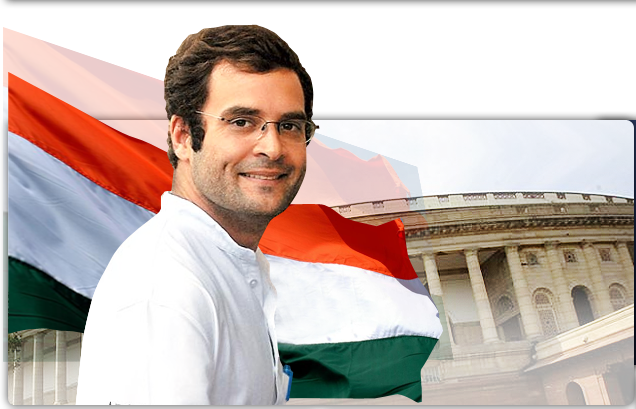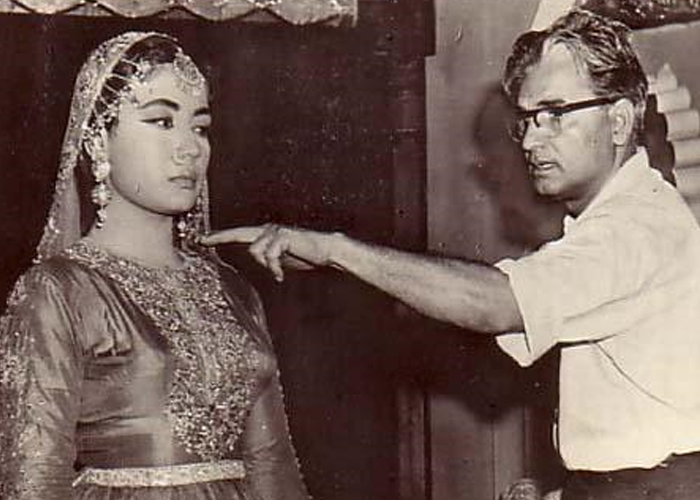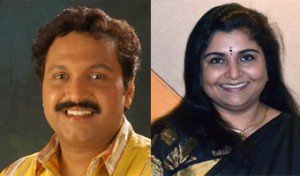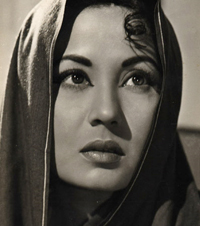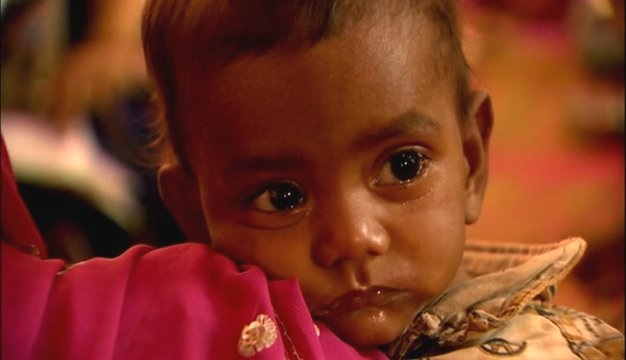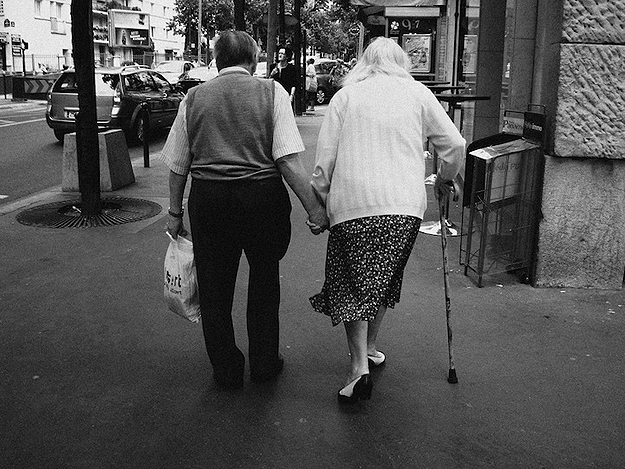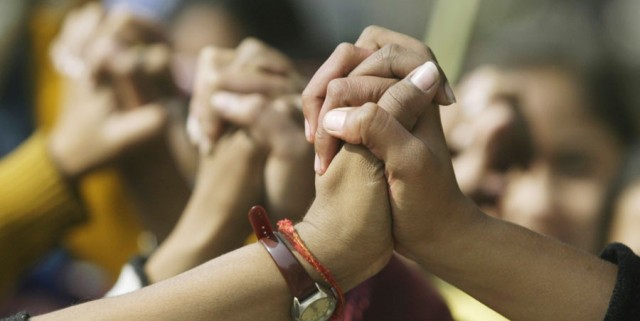Humra Quraishi wonders why Rahul Gandhi does not grasp the several opportunities thrown his way at the best of times.
 New Delhi is no longer just the rape capital of the country, but it is also the battleground for those desperate to grab much more than the proverbial pound of flesh. New Delhi is where one experiences the rush for unlimited power that comes with the two magic words – Prime Minister.
New Delhi is no longer just the rape capital of the country, but it is also the battleground for those desperate to grab much more than the proverbial pound of flesh. New Delhi is where one experiences the rush for unlimited power that comes with the two magic words – Prime Minister.
Of course, Mamata didi proved another again that she has no chance at this post, or indeed advance in Delhi’s political circles. Once again, she played her cards in her usual hysterical fashion, and brought down any aspirations she may have had of making inroads in Delhi. The latest killing in her State’s capital, of student leader Sudipto Gupte, can be seen as the very start of her political downfall. The rule of absolute power does not hold for long, and with this latest incident, Mamata hopefully has seen the light.
And then there’s Narendra Modi, who currently seems to be more interested in giving speeches to a select few in Delhi, than doing something for the semi-parched parts of his State. It seems his hosts double-checked the invite list for his speech venues, which included the movers and shakers in business and several rightwingers, but which curiously did not have a single name from the capital’s ‘outspoken’ lot.
For surely, if any of this group was present, there would have been uncomfortable questions on why his men had Ishrat Jehan and several others killed in fake encounters, why women were raped 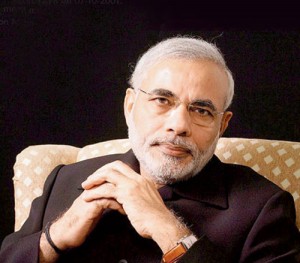 and killed in his State, and why a great majority of Muslims of Ahmedabad are forced to live in one big cluster in Juhapura, an underdeveloped ghetto.
and killed in his State, and why a great majority of Muslims of Ahmedabad are forced to live in one big cluster in Juhapura, an underdeveloped ghetto.
And therein lies the question: why are we, as a collective lot, being swayed and fooled by our politicians? Why are we wilfully blind to the bigger picture?
If you are unable to go beyond politicians’ babble, I would suggest you watch the film Hotel Rwanda, to see what happens if two communities/tribes are pitted against each other. Civil war breaks out, with all possible crimes committed against all sections of society, cutting across all power structures, ultimately affected all citizens.
Unfortunately, those who have the mettle to take on these politicians are steadfastly refusing to bite the bait. Mahatma Gandhi’s grandson, Gopalkrishna Gandhi, who possesses all those attributes to take on Modi, refused even to be Vice President, much before the nomination stage! Also, it’s a complete no-no on the Yadav front – Akhilesh Yadav seems incapable of running his own State, Uttar Pradesh, where even children are raped and jailed, so making any moves in Delhi’s direction would be furthest from his mind at the moment.
Do you see what this means? It so turns out that the only man who can probably take on Modi at the moment is Rahul Gandhi. He isn’t much of a speech giver, nor does he cash in on any strong points – his own or his party’s – but he is earnest.
To quote N Ram, from the foreword this veteran journalist has written to the last book on Rahul Gandhi, Decoding Rahul Gandhi, by Aarthi Ramachandran, “We learn that Rahul Gandhi is an obsessive organisation man, who believes in applying business management strategies and methods, including the ‘Toyota Way’, to grassroots political organisation. He espouses meritocratic notions of seeking and nurturing talent and opening up opportunity for career advancement in Congress politics.
“While he has not been above playing the dynastic card, he has been candid about how he got to where he is today, declaring himself to be ‘a symptom of this problem’, which he wished to change. He does not seem to be good at building coalitions or dealing with existing or potential allies. He favours going it alone, but unlike, say BSP leader Mayawati, he has no core social constituency. In the heat of campaigning, he has made his share of political gaffes and over-the-top allegations against opponents. He has been an indifferent Parliamentarian, whose sporadic interventions on issues, including corruption, have impressed no one, except the political faithful. His secular credentials are not in question; in fact, he holds no known religious faith and has gone so far as to declare the national flag to be his religion.”
To me, Rahul’s earnestness is his strong point. But he seems to be surrounded by a bunch of advisors that is coming in the way of his connectivity with the people. It isn’t enough to spend an evening or eat a meal at a poor man’s dwelling, there has to be an ongoing, sincere connect daily, which does not seem contrived.
Dear Rahul, why can’t people visit your office and tell you their grievances?
Why can’t you see the right-wing nuts in your own party and have them thrown out?
Why can’t you focus only on communalism and corruption issues, and tackle them first?
Why can’t you use the whistle-blower cops of Gujarat – who had taken on Modi – to your advantage?
When will stop looking like you’re still waiting in the wings, and take centrestage?
Humra Quraishi is a senior political journalist based in Gurgaon. She is author of Kashmir: The Untold Story and co-author of Simply Khushwant.
(Pictures courtesy adilmohdblog.com, travelindia-guide.com, mid-day.com)
